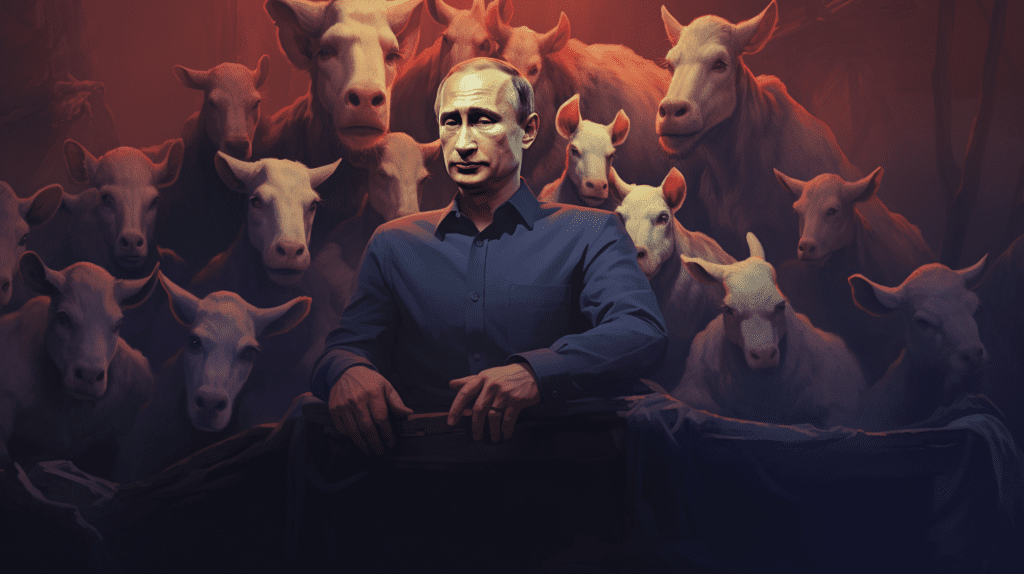Sockpuppets are fake social media accounts used by trolls for deceptive and covert actions, avoiding culpability for abuse, aggression, death threats, doxxing, and other criminal acts against targets.
In the digital age, the battleground for political influence has extended beyond traditional media to the vast, interconnected realm of social media. Central to this new frontier are “sockpuppet” accounts – fake online personas created for deceptive purposes. These shadowy figures have become tools in the hands of authoritarian regimes, perhaps most notably Russia, to manipulate public opinion and infiltrate the political systems of countries like the UK, Ukraine, and the US.

What are sockpuppet accounts?
A sockpuppet account is a fake online identity used for purposes of deception. Unlike simple trolls or spam accounts, sockpuppets are more sophisticated. They mimic real users, often stealing photos and personal data to appear authentic. These accounts engage in activities ranging from posting comments to spreading disinformation, all designed to manipulate public opinion.
The Strategic Use of Sockpuppets
Sockpuppet accounts are a cog in the larger machinery of cyber warfare. They play a critical role in shaping narratives and influencing public discourse. In countries like Russia, where the state exerts considerable control over media, these accounts are often state-sponsored or affiliated with groups that align with government interests.
Case Studies: Russia’s global reach
- The United Kingdom: Investigations have revealed Russian interference in the Brexit referendum. Sockpuppet accounts spread divisive content to influence public opinion and exacerbate social tensions. Their goal was to weaken the European Union by supporting the UK’s departure.
- Ukraine: Russia’s geopolitical interests in Ukraine have been furthered through a barrage of sockpuppet accounts. These accounts disseminate pro-Russian propaganda and misinformation to destabilize Ukraine’s political landscape, particularly during times of crisis, elections, or — most notably — during its own current war of aggression against its neighbor nation.
- The United States: The 2016 US Presidential elections saw an unprecedented level of interference. Russian sockpuppets spread divisive content, fake news, and even organized real-life events, creating an environment of distrust and chaos. Their goal was to sow discord and undermine the democratic process.

How sockpuppets operate
Sockpuppets often work in networks, creating an echo chamber effect. They amplify messages, create false trends, and give the illusion of widespread support for a particular viewpoint. Advanced tactics include deepfakes and AI-generated text, making it increasingly difficult to distinguish between real and fake content.
Detection and countermeasures
Detecting sockpuppets is challenging due to their evolving sophistication. Social media platforms are employing AI-based algorithms to identify and remove these accounts. However, the arms race between detection methods and evasion techniques continues. Governments and independent watchdogs also play a crucial role in exposing such operations.
Implications for democracy
The use of sockpuppet accounts by authoritarian regimes like Russia poses a significant threat to democratic processes. By influencing public opinion and political outcomes in other countries, they undermine the very essence of democracy – the informed consent of the governed. This digital interference erodes trust in democratic institutions and fuels political polarization.
As we continue to navigate the complex landscape of digital information, the challenge posed by sockpuppet accounts remains significant. Awareness and vigilance are key. Social media platforms, governments, and individuals must collaborate to safeguard the integrity of our political systems. As citizens, staying informed and critically evaluating online information is our first line of defense against this invisible but potent threat.
Comments are closed.